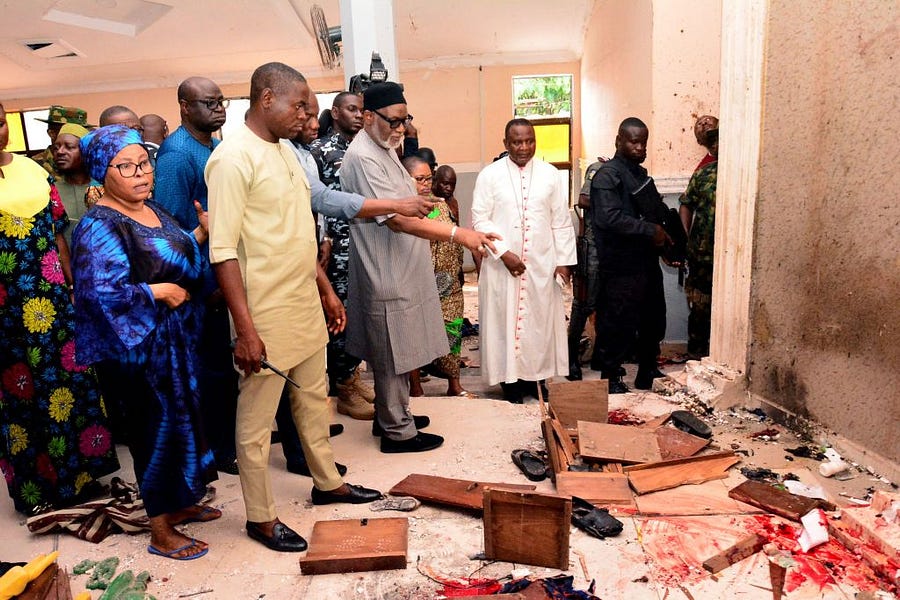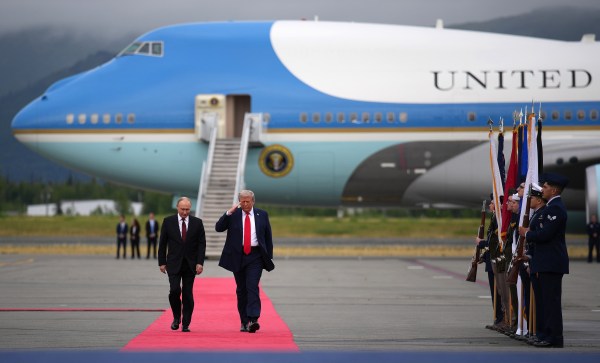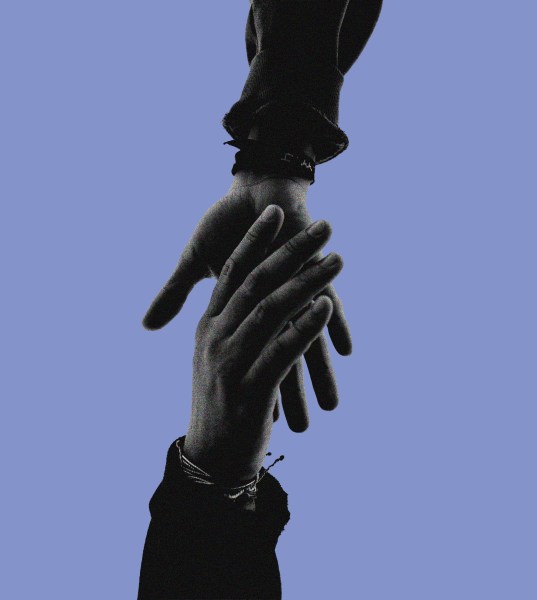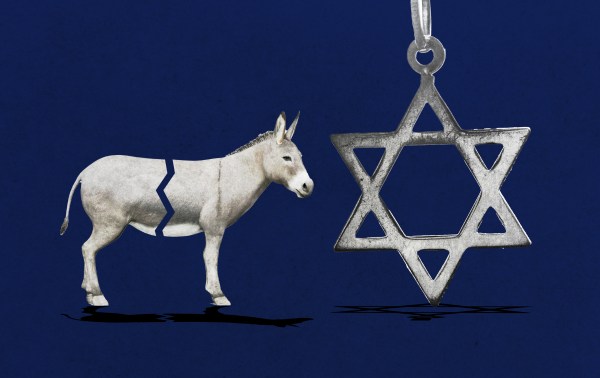Standing before a gathering of mourning parishioners, Bishop Emmanuel Badejo of the diocese of Oyo, Nigeria, delivered a homily he’d hoped he’d never have to give.
“In these coffins, a part of Nigeria lies dead,” he said at the funeral Mass of 40 Catholic worshippers killed when unknown attackers opened fire and detonated explosives at a Pentecost celebration 12 days prior, on June 5. “Because lying down here with these deceased ones are the joys and hopes and aspirations of their families and loved ones, of the Church of God, of the various communities from where they come, and indeed of Nigeria.”
“So I ask: For how much longer shall this continue?” he implored.
Just a day after Badejo’s homily, on June 18, eight more Christian worshippers were killed and 38 others were abducted in attacks on Catholic and Baptist churches—this time in Nigeria’s northern state of Kaduna. The suspected perpetrators: Fulani herdsmen, a pastoral and predominantly Muslim ethnic group from northern Nigeria and nearby countries. As the nomads have moved southward in recent years, they’ve abducted, raped, and murdered members of the Christian farming communities along their route.
Boko Haram and its breakaways—including the Islamic State West Africa Province (ISWAP)—have also driven an upsurge in violence targeting Nigeria’s minority Christian population. In 2021 alone, more than 4,650 Christians were slain in Nigeria—roughly one every two hours. And the persecution has shown no signs of slowing this year, given a recent series of high-profile assaults on religious leaders, institutions, and communities countrywide. According to Open Doors—an advocacy group that tracks the persecution of Christians—more Christians are killed for their faith in Nigeria than any other country worldwide.
On May 11, a priest from Kaduna, Father Joseph Bako, died after being held hostage for more than two months by unidentified assailants. On May 25, suspected Fulani militants kidnapped Father Stephen Ojapah, Father Oliver Okpara, and two boys from their parish in the middle of the night. On May 29, Fulanis abducted Samuel Kanu Uche—prelate of the Nigerian Methodist Church—and two other men in his entourage. The men were detained and tortured before the church paid a $240,000 ransom for their release. Last weekend, Father Christopher Odia and Father Vitus Borogo of Edo and Kaduna respectively were both killed by their kidnappers following two separate raids by suspected terrorists.
Despite their identifiably Christian targets, however, it remains difficult for experts to assess whether the abductions were explicitly religiously motivated or born out of economic opportunism. In many instances, churches—particularly those with international connections—are better equipped to collect money for ransom than state governments or other institutions.
Nigeria’s diverse makeup of different ethnic groups, religions, vocations further complicates efforts to identify a proximate cause for the violence. “There is ethnicity, which is bound up with religion, which is often bound up with class, profession, status, however you might define it,” Ebenezer Obadare, a senior fellow for African studies at the Council on Foreign Relations, told The Dispatch. “It’s always difficult to separate.”
But whether or not a violent act targeting civilians is motivated by religious differences, its perpetrators understand that attacks on Christians often go unpunished by Nigeria’s federal and state governments.
Last month, Muslim students in Sokoto stoned to death and burned the body of a Christian student, Deborah Samuel, in retaliation for a WhatsApp post considered offensive to the Prophet Muhammad. State authorities said they would arrest her murderers, but only referred to Samuel’s brutal killing as an “unfortunate incident.”
In his homily for the victims of the Pentecost attack, Bishop Badejo lambasted the country’s leadership for lacking “any desire to protect the Christian religion.”
“We are not walking corpses merely waiting to be killed,” he added. “So we are compelled to ask: Are you still our leaders? Are we at war? Have you abdicated leadership? How many more must die?”
Part of the Nigerian government’s failure to protect Christians comes down to resource and staffing shortages as it fights multiple insurgent groups at once. Roughly 60 percent of West Africa’s small arms are concentrated in Nigeria, many in the hands of non-state actors. And the state’s security apparatus prioritizes safeguarding its own authority over protecting civil society.
“The security architecture that is not designed to protect people, but the ruling elite, cannot respond to security threats as they arise,” explained Confidence McHarry, security analyst at SBM Intelligence, a Lagos-based geopolitical research firm. This dynamic often pits the Nigerian military and police against civilians rather than armed insurgents. In October 2020, the Nigerian Army opened fire on protesters demonstrating against police brutality at the Lekki toll gate in Lagos State, killing 12.
But Christian communities are particularly susceptible to violence at the hands of non-state actors, given the perception of impunity for crimes against the religious minority. According to recent estimates, about half of Nigeria’s population practices Islam while about 40 to 45 percent practice Christianity, with the former largely in the north and the latter in the south. But even with Christians’ large share of Nigeria’s population, federal and state government officials often overlook the religious motivations of their attackers.
“What makes the government particularly culpable in all this is that they have consistently downplayed and obfuscated. When they have responded, it’s been with half measures,” David Curry, CEO of Open Doors USA, told The Dispatch. “In [the government’s] crisis mapping, they leave out the thing that the groups themselves are saying is what’s driving them. And if you don’t understand the problem, you can’t really address it.”
Nigerian President Muhammadu Buhari’s membership to the Fulani ethnic group has further exacerbated the perception of government-sanctioned atrocities against Christians. “Before he became president of Nigeria, people had expressed a lot of dissatisfaction at his perceived bias in favor of his fellow Fulani,” said Obadare. “While he has been in power, he has done very little to disabuse people’s minds of those doubts.”
In 2020, the Trump administration State Department listed Nigeria as a “Country of Particular Concern” for religious freedom for reasons then-Secretary of State Mike Pompeo elaborated on in an opinion piece a year later: “We did this because we recognized reality—the Nigerian government was tolerating the systematic, ongoing, egregious violations of the religious freedom of its people, allowing them to suffer at the hands of radical Islamic terror.” The designation was lifted in 2021 under Secretary of State Antony Blinken. Though the State Department offered no reason at the time, a recent report noted the difficulty of disentangling possible religious, ethnic, and territorial drivers of violence.
Western media and government officials often attribute the group’s violent push south to territorial anxieties exacerbated by climate change and desertification. Following the Pentecost attack, for instance, Irish President Michael Higgins condemned “any attempt to scapegoat pastoral peoples who are among the foremost victims of the consequences of climate change.”
But many analysts see the tendency to excuse Fulani violence on the basis of climate change as an oversimplification if not outright distortion, particularly given the group’s history of migrating southward without conducting raids on local villages and towns.
“Desertification did not begin yesterday,” said Obadare. “The Fulani herdsmen used to come down south, and that did not provoke any conflict. So something has changed in the water of the relationship between north and south that I think is worth paying attention to, and that cannot be blamed exclusively on desertification.”
In their wake, the nomadic herders have left entire farming communities slain and displaced, sometimes even renaming towns and villages. Though the Nigerian government has yet to characterize them as such, the offensives are considered by some experts to meet the criteria for ethnic cleansing or even genocide.
“In a clash, you and I have to be in an altercation. You beat me, I beat you. This is not a clash. There’s only one side doing the beating,” said a Nigeria-based analyst, who requested anonymity due to the sensitive nature of the topic. “What you’re seeing is that communities are being pillaged, destroyed, and forced out; while invaders come, lay down roots in the community, and convert it to their own. It’s full blown ethnic cleansing, but the government does not want to wake up to this situation.”







Please note that we at The Dispatch hold ourselves, our work, and our commenters to a higher standard than other places on the internet. We welcome comments that foster genuine debate or discussion—including comments critical of us or our work—but responses that include ad hominem attacks on fellow Dispatch members or are intended to stoke fear and anger may be moderated.
With your membership, you only have the ability to comment on The Morning Dispatch articles. Consider upgrading to join the conversation everywhere.